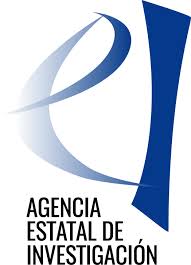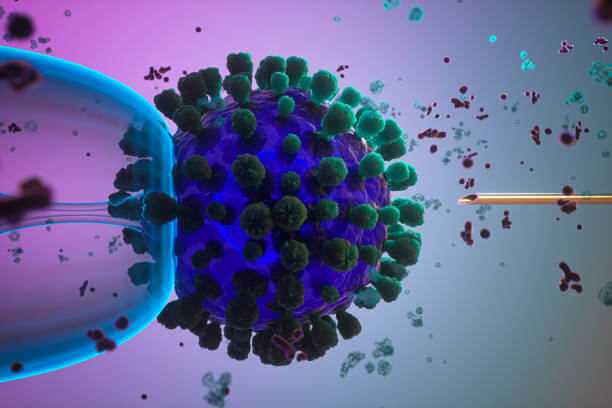Nano4Pregnancy: Innovative placenta-impermeable nanoparticles for safe cancer therapy during pregnancy

Investigador principal
Grupo de investigación

Fuente de financiación:
Gobierno de España
Periodo:
01/09/2025 a 01/09/2028
Tipología del proyecto:
Proyecto Individual
Estado del proyecto:
ACTIVO
Entidad financiadora:

Agencia Estatal de Investigación (AEI)
Financiación:
250.000 €
Nano4Pregnancy aims to design a versatile poly(beta aminoester) (pBAE) nanoparticle (NP) platform for safe and effective mRNA therapeutic vaccination in pregnancy-associated cancers. RNA-based therapies, particularly mRNA, have shown great promise in antitumor vaccination, but their clinical use is limited by instability and poor cellular penetration. Nanoparticle carriers provide a solution by protecting RNA, enhancing cell uptake, and allowing precise control of delivery. This project focuses on building a nanoparticle toolbox tailored for pregnant patients, ensuring efficacy while maintaining fetal safety.
The project first addresses the fundamental knowledge gap in how RNA-loaded pBAE nanoparticles are structured and how their chemistry influences function. pBAE polymers are biodegradable, biocompatible, and chemically versatile, with unique pH-responsive properties that allow efficient RNA encapsulation and delivery. By modifying the chemical groups and surface properties of pBAE nanoparticles, the project will define the structural determinants that govern their interaction with biological environments, including protein coronas and physiological barriers like mucosa.
To accelerate design, Nano4Pregnancy will also develop a computational model to predict polymer–RNA and polymer–biological interface interactions, enabling rational candidate selection and reducing experimental costs. Ultimately, the project hypothesizes that precision control over pBAE nanoparticle structure and surface biointeractions will yield a safe and efficient RNA delivery system. This innovation is particularly impactful for oncological pregnant patients, a population with limited therapeutic options, and could pave the way for broader applications of RNA nanomedicines in precision medicine. The project is funded by the AEI 2024 Call – “Proyectos de Generación de Conocimiento, Ref PID2024-159704OB-I00″.










